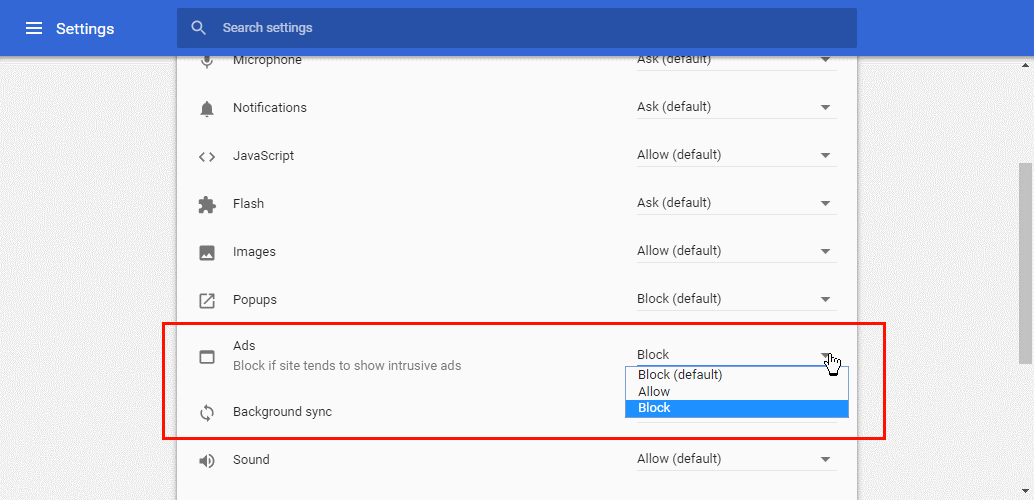

Writing on Github last year, a Chrome engineer said the intervention is designed to discourage practices like ads that mine cryptocurrency and ads that “perform expensive operations in javascript, such as decoding video files, or CPU timing attacks,” among other bad user experiences.Ī programmatic manager at a global publishing company said they hadn’t heard anything from Google about the heavy ads intervention update - despite being in touch with a Google account manager just a few days ago. In place of the filtered ad will be a grey square, with the label “ad removed.” Publishers can test how the Heavy Ads Intervention will affect their pages in versions of Chrome 84 and upward by following the instructions on this page. And if they can't, well, a whole lot more people are going to start learning about Pi-holes.Announced in May on the Chromium and Google Developers blogs, the new heavy ad intervention feature “unloads” ads that use up more than 4MB of network data or 15 seconds of CPU usage in any 30-second period or 60-seconds of total CPU usage - suggesting the filter will primarily affect video ads. Google said that further details about the move to Manifest V3 in Chrome will be shared closer to the rollout date, and promised to continue adding new capabilities to it "based on the needs and voices of our developer community." A detailed timeline on the Manifest V2/V3 changeover is available on the Chrome Developers site.Įven if Google does kill off ad blockers as we know them in Chrome, extension devs will likely find workarounds to keep avoiding ads. "The reasons they have stated publicly don't fully make sense." Senior staff technologist Alexei Miagkov, who co-authored that post, told The Register that the EFF's position on the new Manifest V3 standard, and Google's justification for it, hasn't changed.

If Google decides that privacy extensions can only work in one specific way, it will be permanently tipping the scales in favor of ads and trackers." As a result, the blocking extensions need to evolve too, or risk becoming irrelevant.

"When particular privacy protections gain popularity, ads and trackers evolve to evade them. "For developers of ad- and tracker-blocking extensions, flexible APIs aren’t just nice to have, they are a requirement," the EFF wrote. The Electronic Frontier Foundation also took issue with Google's claims, saying in a 2019 statement that while the Manifest V3 standard may not be aimed at killing ad blockers specifically, it could easily happen as a side effect of limits the new API will put on developers. As a result, such technologies and tools could adversely affect our operating results." "Most of our Google revenues are derived from fees paid to us in connection with the display of ads online. "Technologies have been developed to make customizable ads more difficult or to block the display of ads altogether and some providers of online services have integrated technologies that could potentially impair the core functionality of third-party digital advertising," the filing states.


 0 kommentar(er)
0 kommentar(er)
